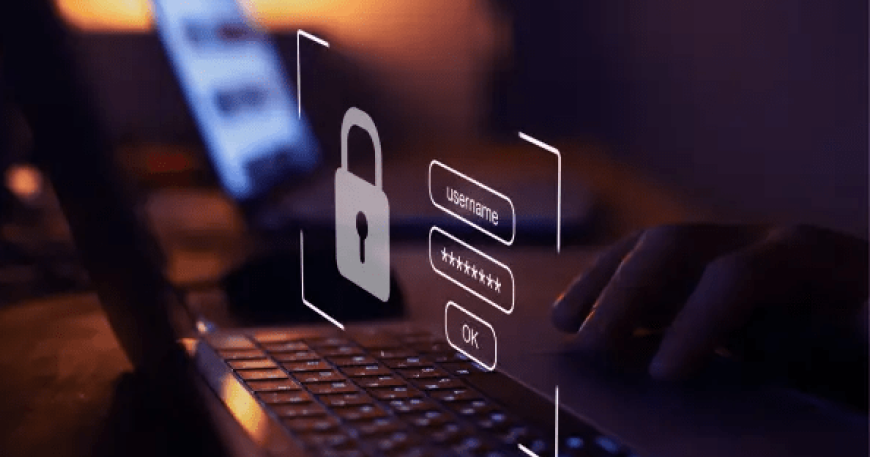Important computer and software tips: Every time you log onto the Internet, you are assigned a unique identifier called the Internet Service Provider (ISP). The information is not just useful for companies and marketers. Hackers and data thieves can use this data to target you specifically, thereby making your online activities a private matter.
Conventional tips for maintaining your online privacy include: using different passwords on different sites, using a single, specialized email account, and not opening suspicious emails. Hackers can use this data to target you specifically, thereby making your online activities no longer a private matter.
The most effective solution is to use one online password for multiple accounts. For example, if you have three different email accounts (for work, work-related things, and for social networking), use a username and password for each account. Keeping track of separate passwords for these accounts also helps to stop one’s potentials from being stolen.
The most effective solution is to use more than one online password for multiple accounts. Avoid storing personal information on your computer, and do not write them down. This information can be retrieved easily if it is stolen. There are several password protection applications available in the market, which you can use to record your passwords. These applications also remind you whenever you have to use a password, and you can also update your passwords through a website.
Be extremely careful with your pictures. Never post pictures that can identify you in any social network site. Do not use low-security settings in order to avoid privacy issues. Always apply privacy settings blunders (like cookies, screen capture, and Captcha) to your websites.
Do not accept requests from people you do not know. This is the reason why you should never accept friend requests from people you barely know. Do not click on links that look suspicious. Check the long names of the people you accept as friends, and once you click on their photos or reposts, search for similar subjects. You may agree to meet them but never remember to bring a gift.
It is not a bad thing to say that people who click on your links are strangers. It is just that most of them are. Unfortunately, it is also true that people you have not met in real life may require a physical gift in the form of money or a loan. These loans and money offers are quite attractive especially if you have a lot of money to invest. But do not deceive yourself. Scammers are well aware of the bugs in your computer, and they use these to force you to pay up.
Search and destroy: also known as “phishing”, this is one of the most threatening acts of online fraud. If you are not careful, you may be confronted with this challenge while browsing. If you are not aware of who is requesting an update for your personal information, you should refuse to provide it.
This can be particularly tricky for people because once you have several fake emails claiming to be from a bank, or a company that has a transaction going through your account, you might be worried about accessing your own bank or company website. However, these emails will not ask you to enter your username and password.
Clean up: Remember that banks and other companies offer internet banking services, so you should be sure that you are aware of the correct procedures to be used. In addition, you should also be aware that the same security applies to your online accounts, so make sure that your password will never be sent via email.
Avoid the auction: This is where you can find items in public view, such as on an auction site. While you can browse these without paying a price, this is not advisable, especially if you are asked to make a bid in a bid system. You are not likely to be asked to make only a few cents; more often than not, you will be asked to make a dollar amount.
Signs to look for:
1. The URL of the company website, avoid the auction sites entirely.
2. Check the SaleNGo.com and Changeasure.com websites when you get a pop-up warning.
3. Check the user forum posts when you find a seller’s name.
4. Do not click on the “I accept Checks” button. You should never be required to respond to such a message.
5. Read the seller’s review if available.








